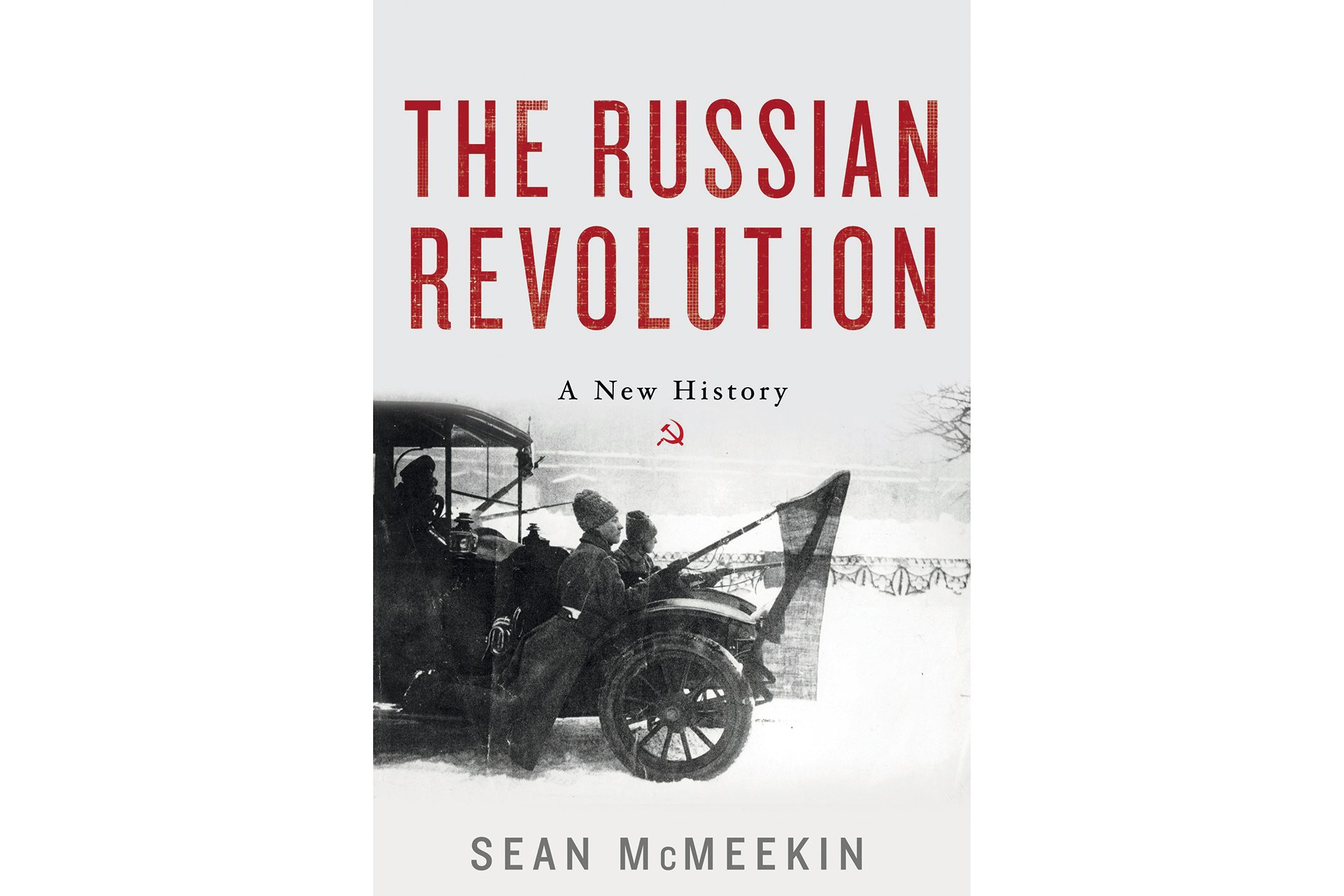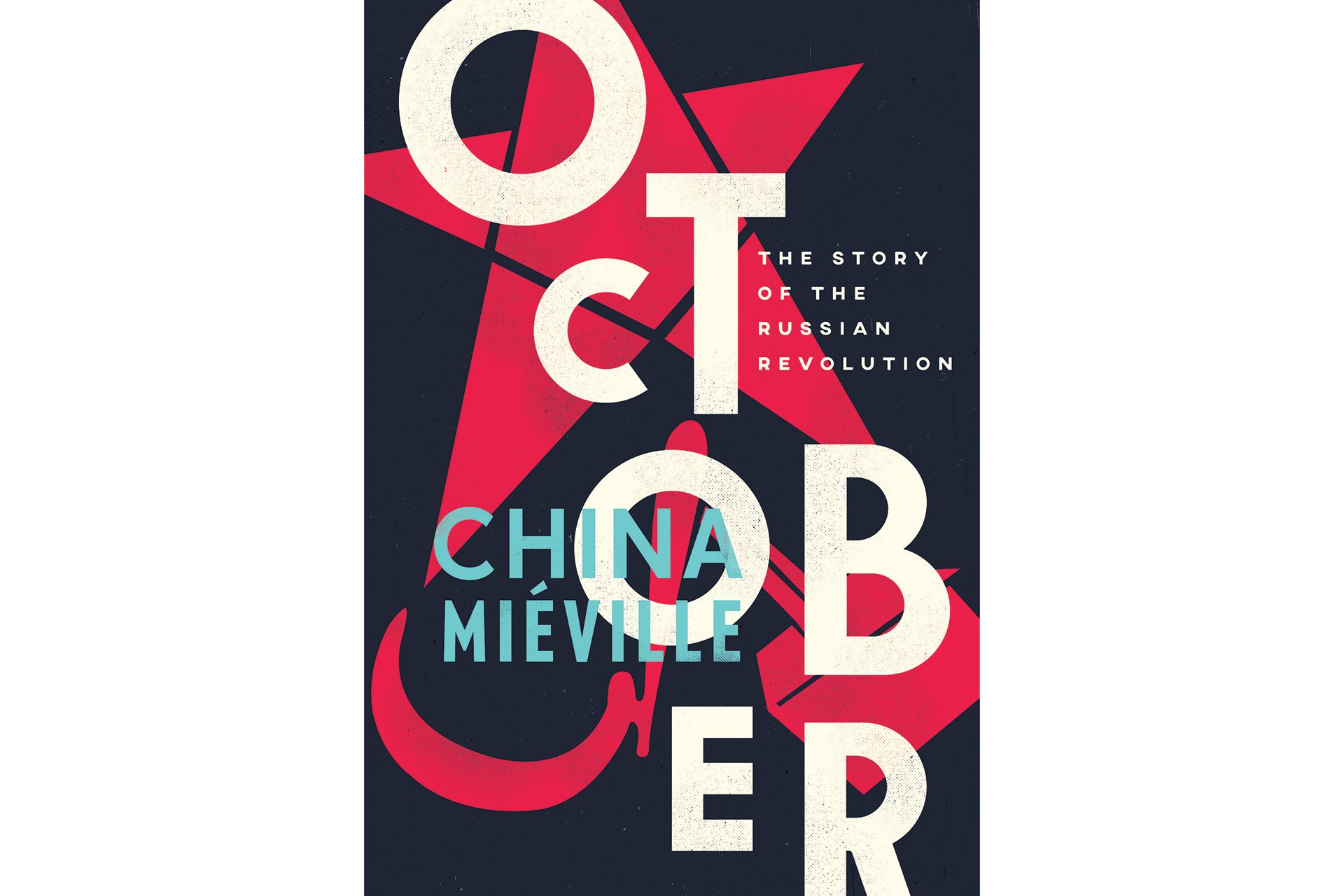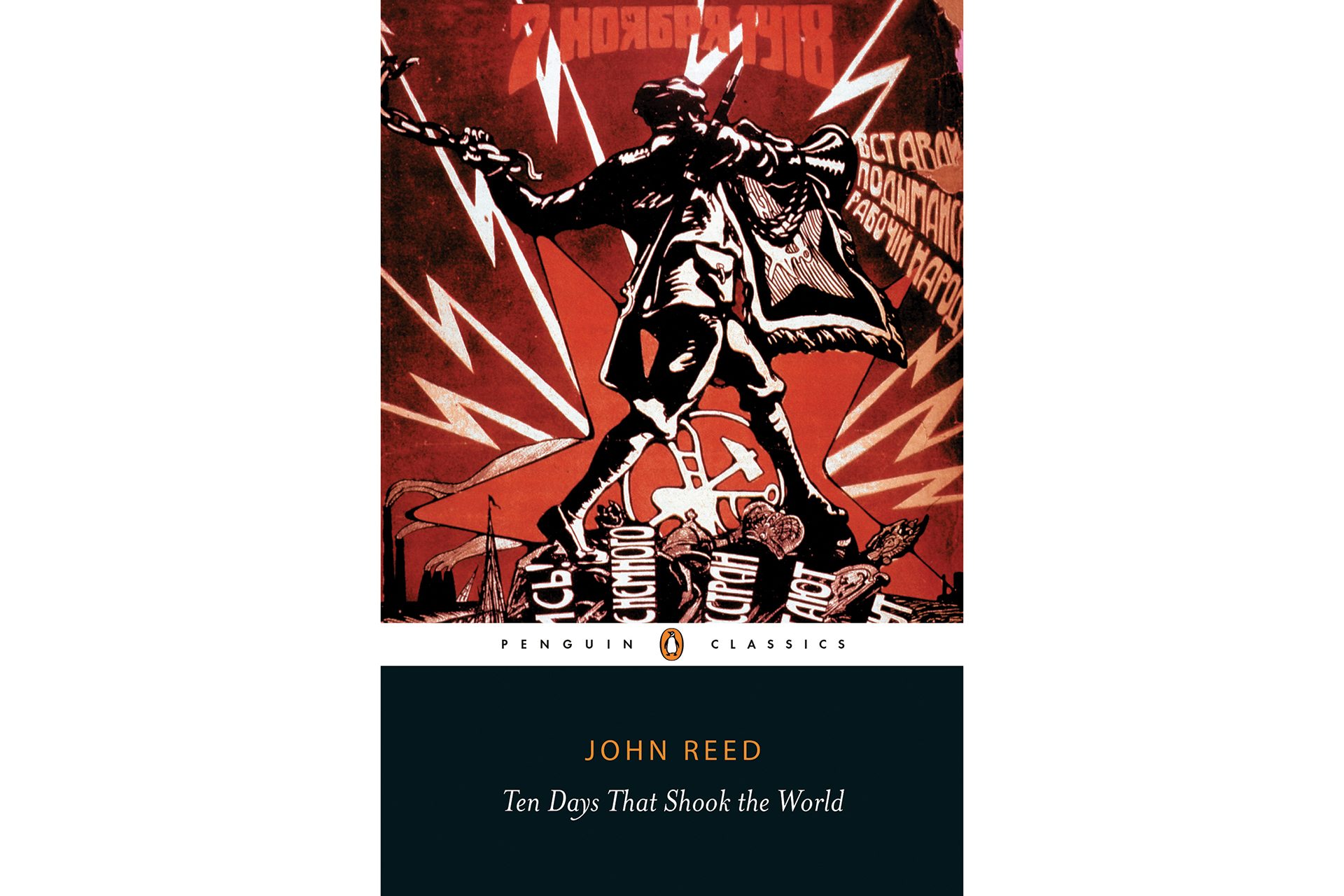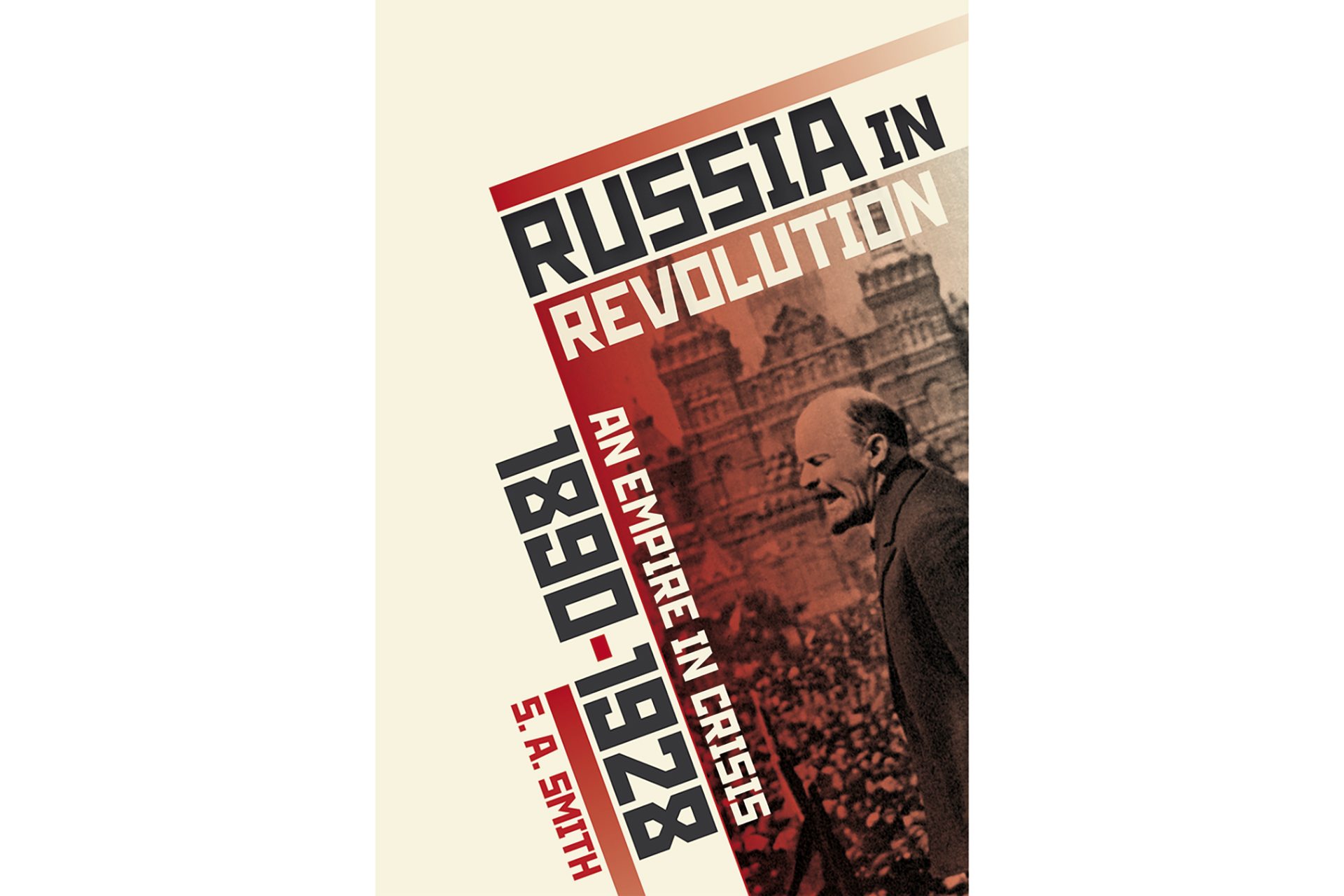The Best Books about The Russian Revolution
Don't miss the best books around on The Russian Revolution...
This post may contain affiliate links. Learn more
Richard Hopton reviews four books about the Russian Revolution of 1917
The Russian Revolution: A New History by Sean McMeekin

This historian’s interpretation of the Russian Revolution presents the tumultuous events of 1917 in a new light. For McMeekin, far from being a class struggle ‘borne along irresistibly by the Marxist dialectic, the events of 1917 were filled with might-have-beens and missed chances’. There was nothing preordained about the collapse of the Romanov regime or the rise of the Bolsheviks. For example, he stresses the Bolsheviks’ weakness in July 1917 and Kerensky’s failure to crush them when he had the chance.
In McMeekin’s view, the Tsarist government’s ‘most critical mistake’ was going to war in 1914, which then determined the course of events in 1917–18. He emphasises the extent to which the Bolsheviks were financed and supported by the German government as a deliberate act of war. Lenin’s return to Russia through Germany by train is only the best-known aspect of this. German money allowed the Bolsheviks to print and disseminate propaganda on a huge scale, pay fellow travelling protesters and establish a strong-arm Red militia. McMeekin also asserts that during 1917, the Germans deliberately ‘stood down’ on the Eastern front so as not to provoke a ‘patriotic Russian counter-revolution against Lenin’.
This is a bracing view of the Russian Revolution, one which will appeal to those who prefer human actions and omissions, in all their uncertainty and imperfection, to the supposedly inexorable forces of ideology as the determining impulse of history. McMeekin’s research is impressive and he writes well. He is good on the Bolsheviks’ kleptomania and the economic disaster that the revolution inflicted on Russia. This and the horrors of Stalinism should, in McMeekin’s view, act as a warning against any dewy-eyed nostalgia for socialist utopia. We should, he warns, ‘stiffen our defences and resist armed prophets promising social perfection.’ History may not repeat itself, but he who fails to learn its lessons is condemned to repeat its mistakes. Profile Books, £25.
October: The Story of The Russian Revolution by China Miéville

Though best known for his prize-winning fantasy fiction, here China Miéville turns his eye on the Russian Revolution. He is an unashamed apologist for the revolution and its ideals: ‘I am partisan… I have my heroes and my villains.’ This is not history as it is generally encountered. The sparkling prose and the novelist’s eye for dialogue and the telling detail make this a compelling read, but the narrative remains sound. Miéville is exceptionally good, for example, on the competing centres for power in Russia in 1917. Verso, £18.99.
Ten Days That Shook The World by John Reed

This contemporary account of the October Revolution, first published in 1919, was written by a young American journalist of fervent socialist convictions. It is unabashed propaganda for the revolution; indeed, Reed was paid by the Bolsheviks to write the book and Lenin himself contributed to the introduction. It offers a day-by-day account of the October Revolution in St Petersburg, packed with eye-witness descriptions of people and places achieving an immediacy no retrospective account can hope to equal. This is a youthful, optimistic book full of the danger, unpredictability and excitement of the revolution. Penguin, £6.99.
Russia In Revolution: An Empire In Crisis by S.A. Smith

This worthy history is intended primarily for ‘the reader coming new to the subject’. It is written as ‘dispassionately’ as possible, seeking ‘to avoid moralising’. Indeed, it feels like a text book. It provides a full, balanced account of the revolution, its causes and its longer-term results. Smith acknowledges that the ‘Russian Revolution of 1917 ended in tyranny,’ but is adamant that this should not blind us to the fundamental questions it raised, when millions embraced it ‘as a chance to create a new world of justice, equality, and freedom’. OUP, £25.
MORE BOOKS: 16 Books to Go Under the Christmas Tree
